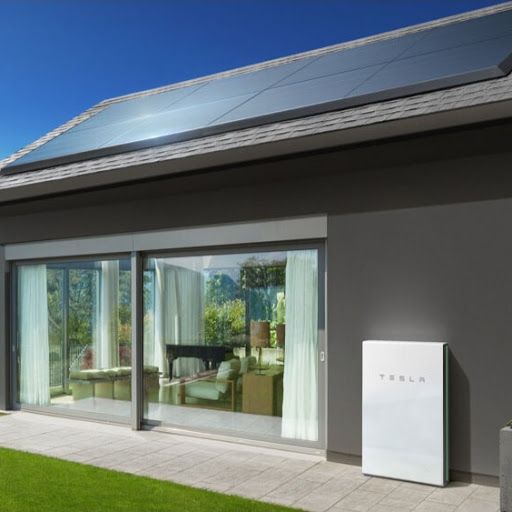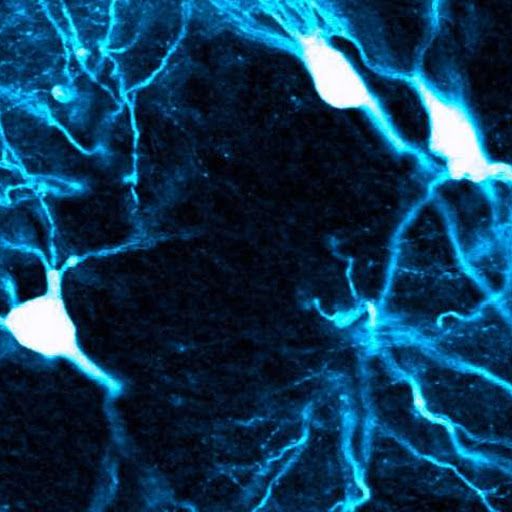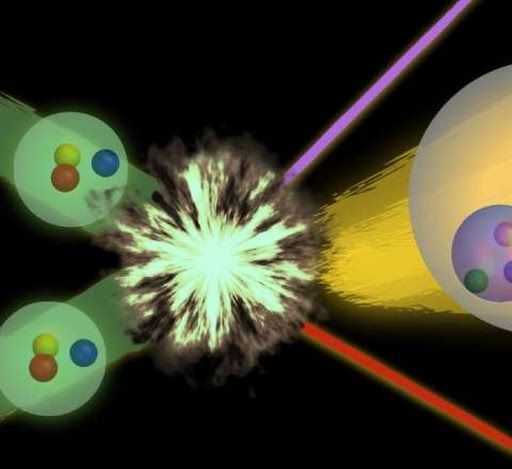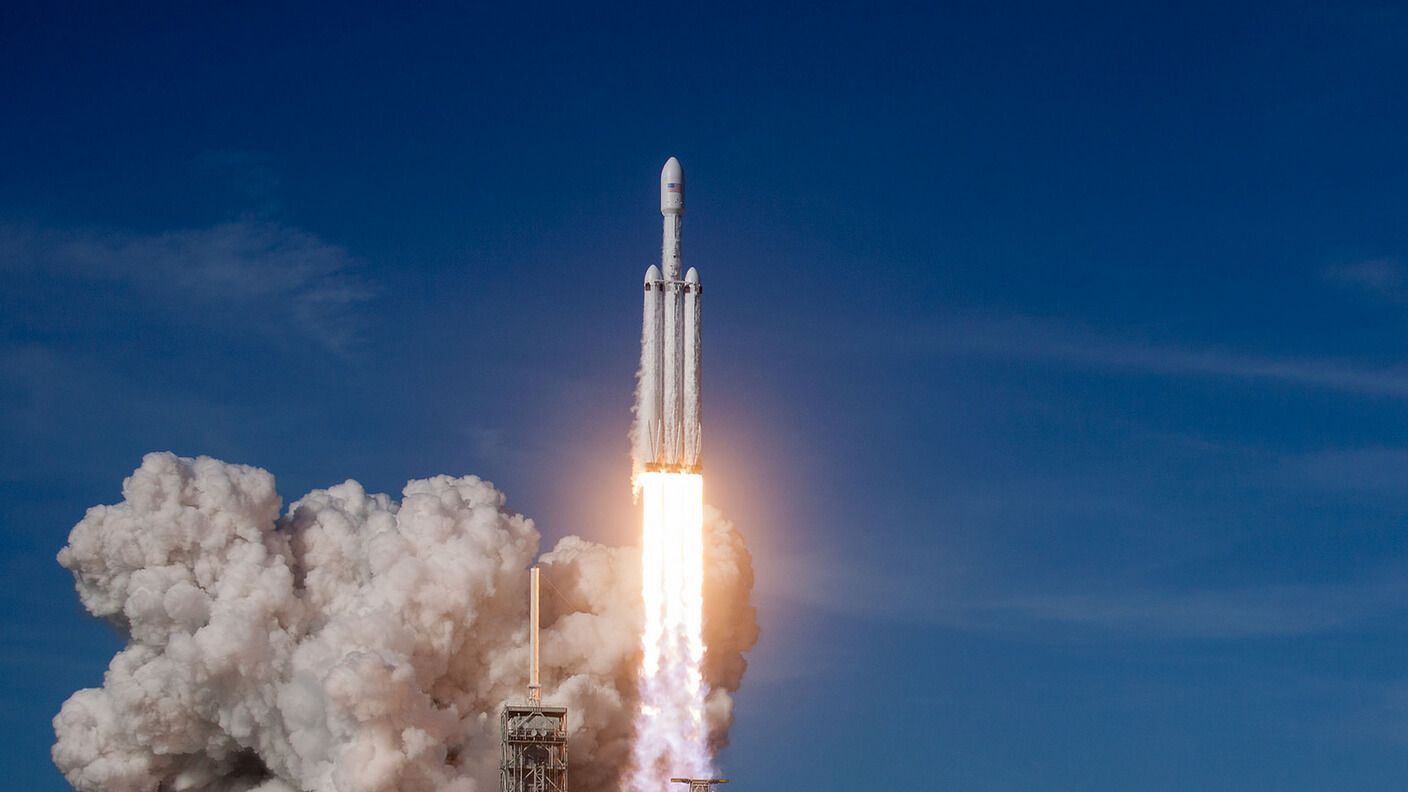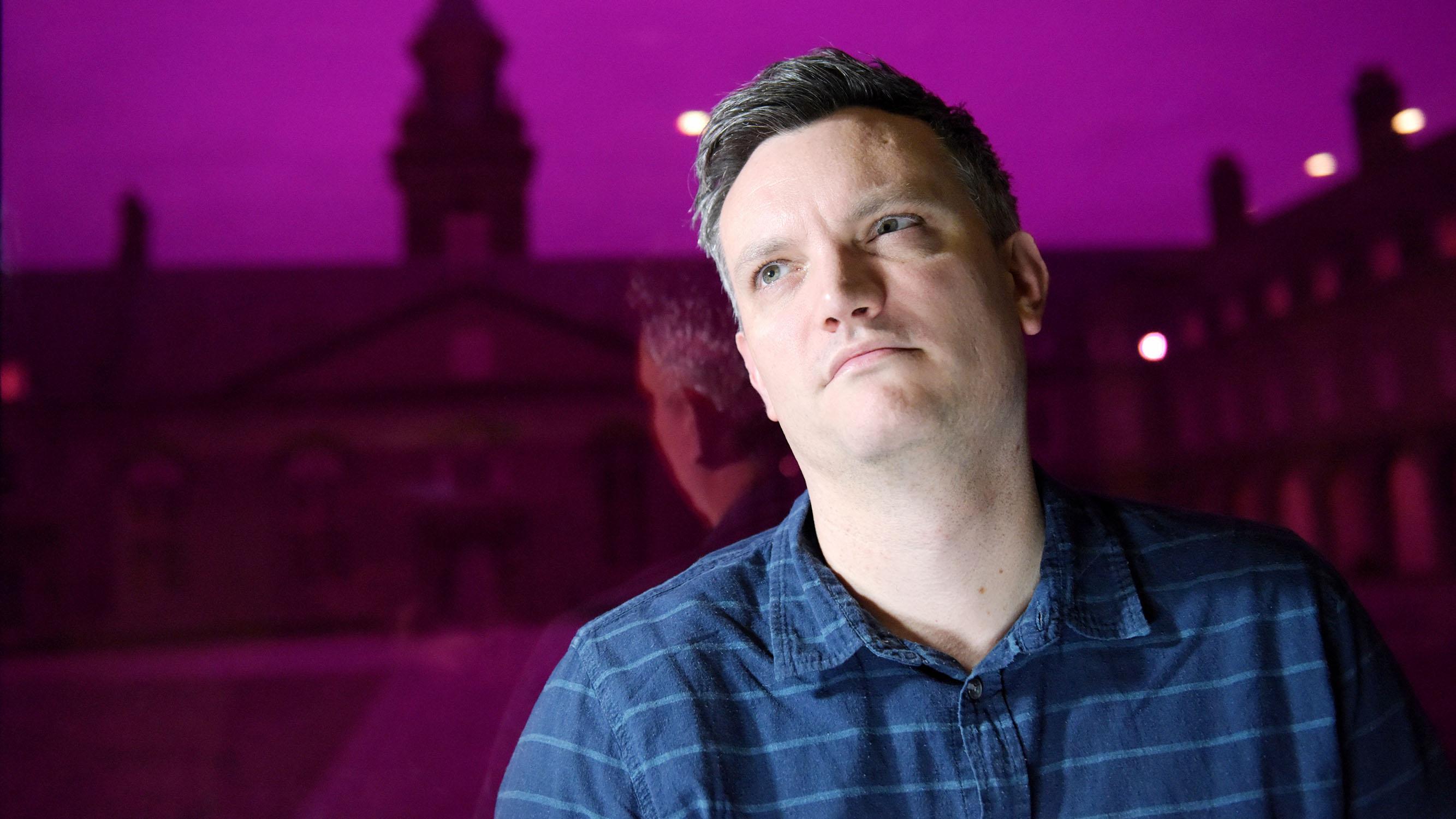Feb 11, 2018
Elon Musk’s record-breaking ‘virtual power plant’ will see 50,000 homes given free solar panels and Tesla batteries
Posted by Genevieve Klien in categories: Elon Musk, energy, government, sustainability, transportation
Elon Musk has agreed to build what is being hailed the “world’s largest virtual power plant”, by rolling out solar panels and Tesla batteries to 50,000 homes in South Australia. The scheme, which will be completed over the next four years, will see any excess energy stored in each battery fed back into the grid to provide power to the rest of the state whenever required. The South Australian government claims participating households will generate a total of 250MW of electricity – about half as much energy produced by a typical coal-fired power station. Read more — Elon Musk about to launch…
